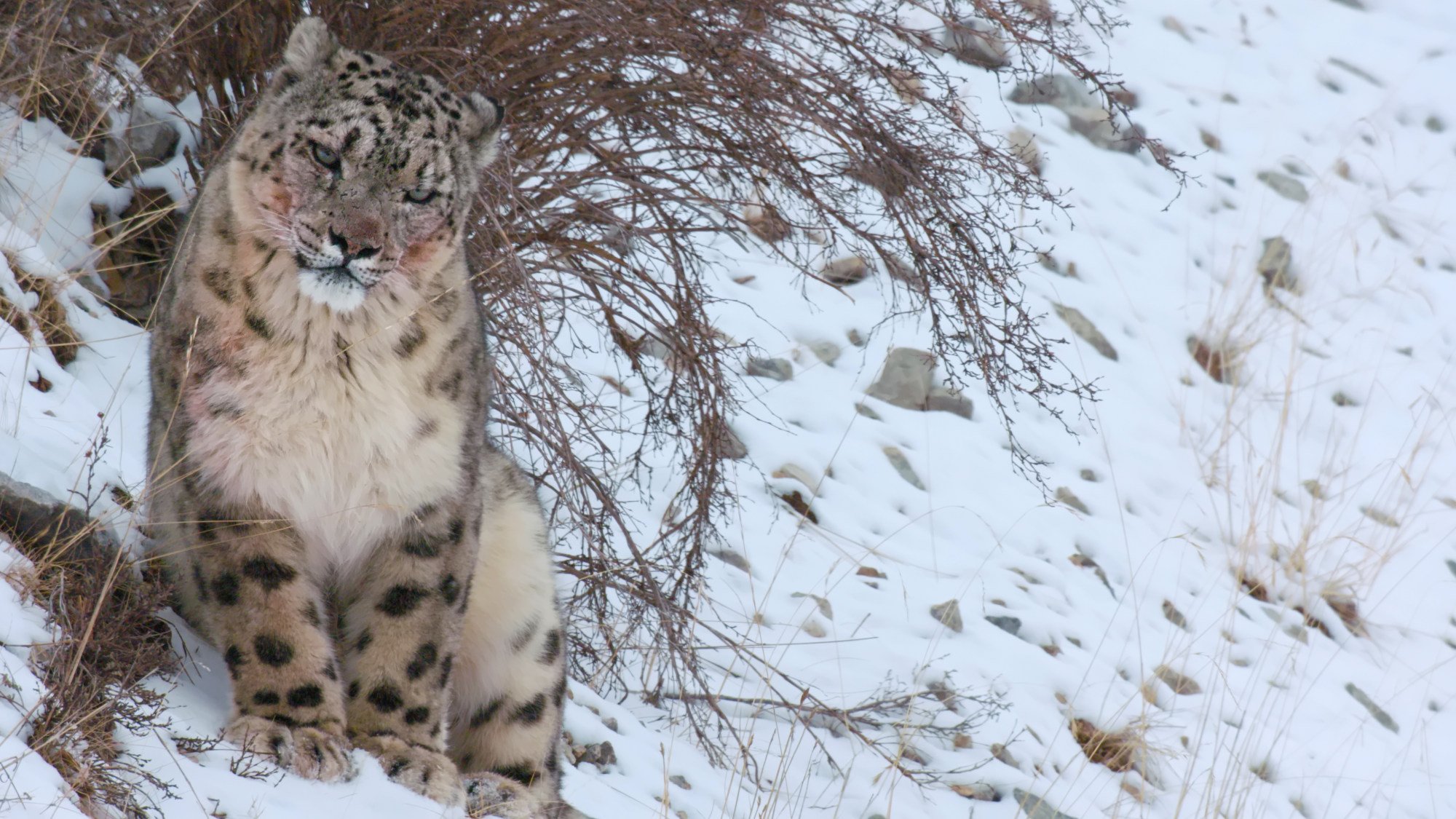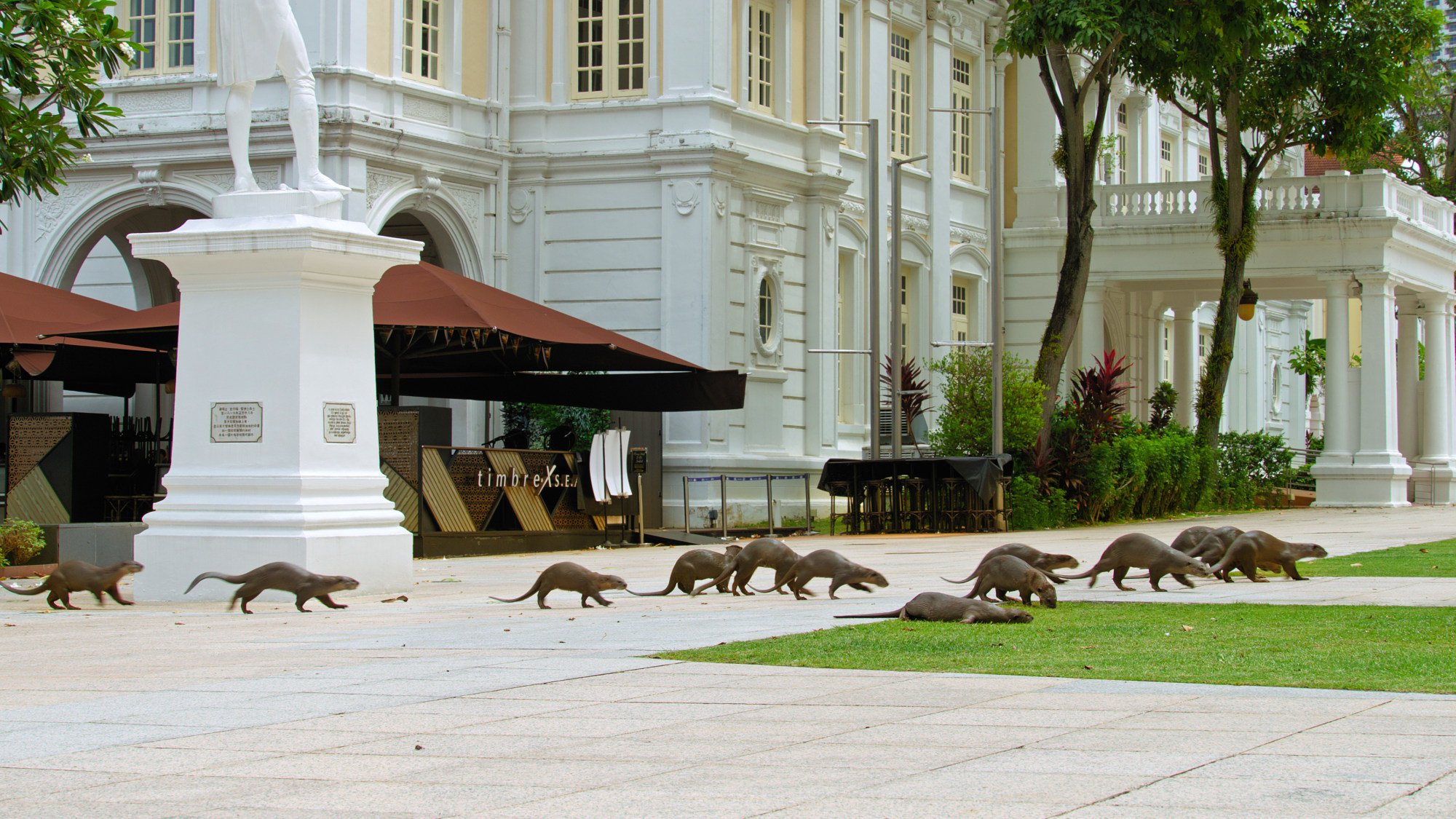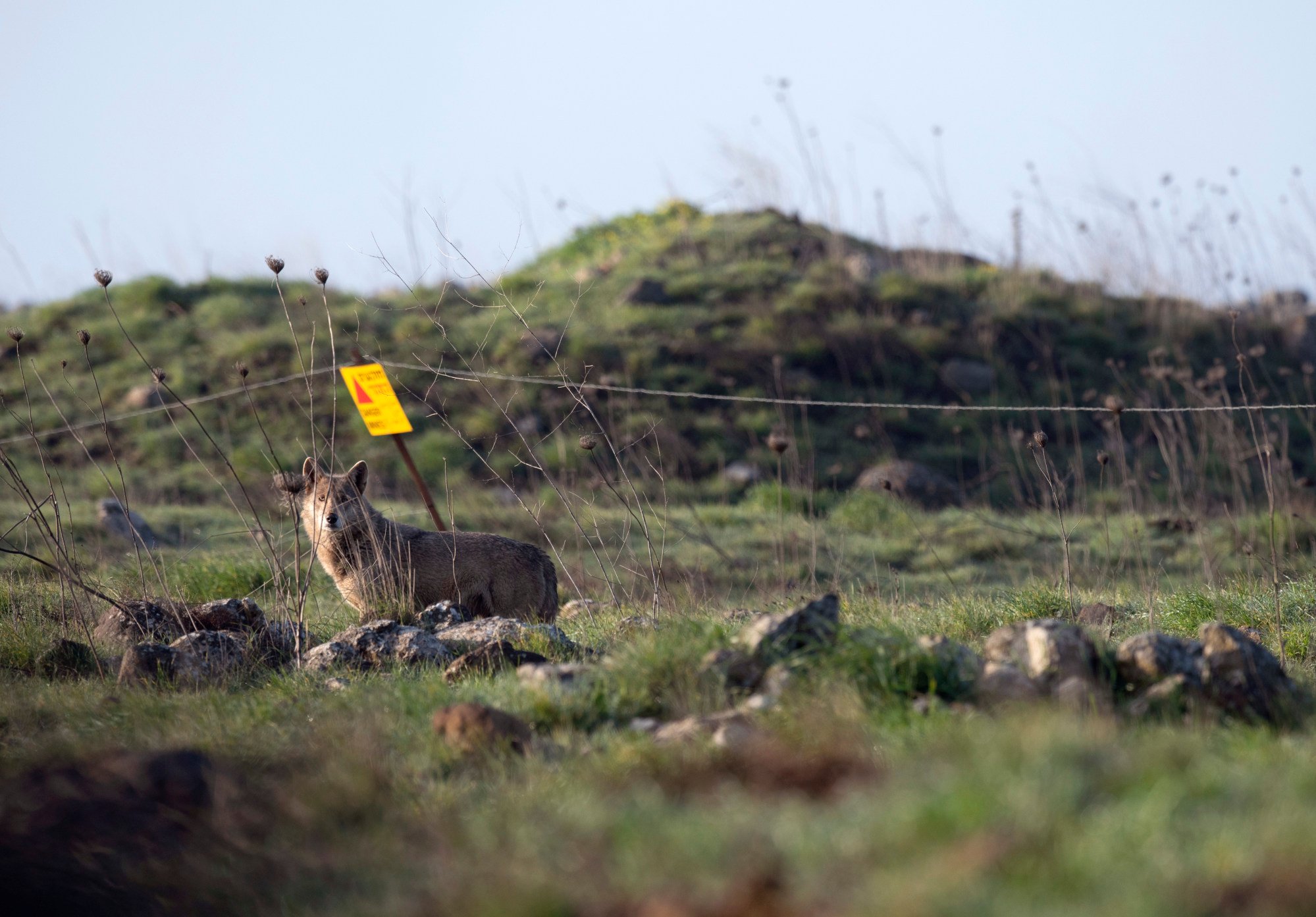“They run, hop, burrow, fly … they’re on every continent, in every ocean. They are incredibly adaptable and their adaptability is what we’re celebrating.”
Scott Alexander, of BBC Studios’ Natural History Unit, does not temper his admiration for the stars of the corporation’s latest landmark wildlife series: mammals.
Mammals is also realistic enough to show that life isn’t necessarily a picnic even for thriving wildlife.
Producer Alexander, reflecting during a video call from Bristol, England, on the dangers posed by us to the rest of the animal kingdom, says: “We are probably the most successful mammal and we hold the future of many others in our hands.
“The world is changing rapidly and we need to recognise that and do our best to solve the problems we create.”
Earth on BBC Earth takes us through history of extinctions and evolution
Earth on BBC Earth takes us through history of extinctions and evolution
Offering all the dazzling photography that BBC natural history productions are known for, the latest is ordered around the environments and conditions in which its participants are found.
Says “Cold” episode producer William Lawson, of a surprising equilibrium: “The snow leopard segment is a stellar behavioural sequence.
“We wanted to tell a new snow leopard story and show the proximity to humans that they live in, so we wanted to film on the Qinghai-Tibet Plateau,” he says. Covid-19, however, had other ideas.
“We knew of a location where yak herders live alongside snow leopards and local communities are working hard to establish a respectful coexistence. There are some clashes, which we also wanted to show. But we wouldn’t have been able to do any of it without the wholehearted, local Chinese crew who did all the filming for us.”
Despite the dire prognosis for so many animals, the production’s message is largely positive.

“Throughout the series we show the unfiltered reality of the world mammals live in,” says Lawson. “We don’t shy away from climate change, habitat loss or human encroachment.
“There are winners and losers, but if humans are passionate enough they can tip the balance and create more winners – and the snow leopard story is a really good example of that.”
Agreeing, Alexander says: “Where we try to make a difference, we do. We’ve got some amazing stories about whales; for example, because we’ve stopped hunting them, humpback numbers off Australia have gone from a few hundred to tens of thousands.”
Lydia Baines, producer of episode “The New Wild”, which in part examines mammals’ urban existence, remains buoyed by filming in the city state.
The wolverine – people know it as a pop-culture reference but I’m sure our audience will love the real thing even more. They are charismatic creatures
“Mammals are super-adaptable, but it’s often about giving them the space and time to adapt to our changing world and understanding their needs,” she says.
“In Singapore, a fantastic ‘green-up and clean-up’ initiative has made a world of difference. Being able to show that – I was really inspired.”
Still resonating are her encounters with the otters, particularly those named after a Clarke Quay nightclub on their turf.
“The Zouk family, which we were following, had pups recently. When filming, we were camped down the road for two days and we hadn’t seen them; I was starting not to believe.
“We were sitting outside a Five Guys restaurant and suddenly 15 otters came running across the road. What? It was an amazing moment.”

Baines believes Singapore’s otters hardly “even notice humans, they just see us as background”, but for other species survival may be best achieved by avoiding us entirely.
“The wolverine – people know it as a pop-culture reference but I’m sure our audience will love the real thing even more,” says Lawson. “They are charismatic creatures and there’s a reason they have not been filmed much,” he says.
His team, however, struck wolverine gold in Alaska.
“For filmmakers, a wolverine is like the holy grail. They live in cold, remote locations, are often solitary, they cover big distances – all the building blocks for a perfect storm of not being able to find the animal you’re looking for,” he says.
“A lot of time in the field was required to document a little-understood species and show a caring side to a very special mammal.”

The wolves of the Golan Heights, on the Syrian-Israeli border, take the whole avoiding humans thing to the extreme.
Their acute sense of smell allows them to live and hunt in landmine fields, where humans literally fear to tread, but where the wolves are safe from persecution, notes Baines.
With so much planetary biodiversity being lost, what can Mammals achieve? Baines says a positive outcome would be “touching people with our stories and getting them more interested in the natural world”.
“We’re trying to get people to fall in love with and appreciate these mammals as much as we do.”
Mammals: continuing on BBC Earth (via Now TV, channel 220)

